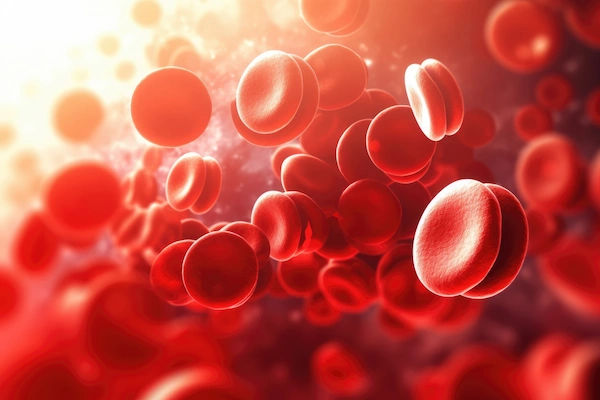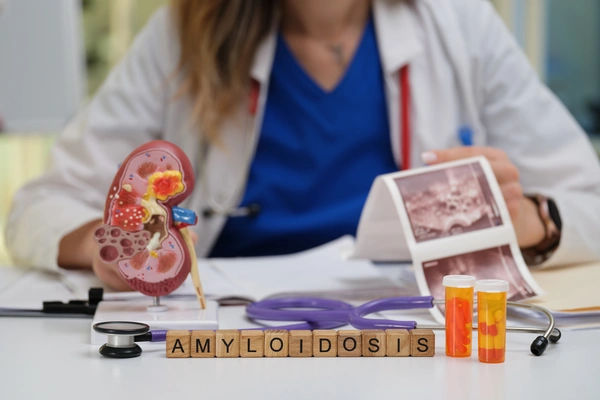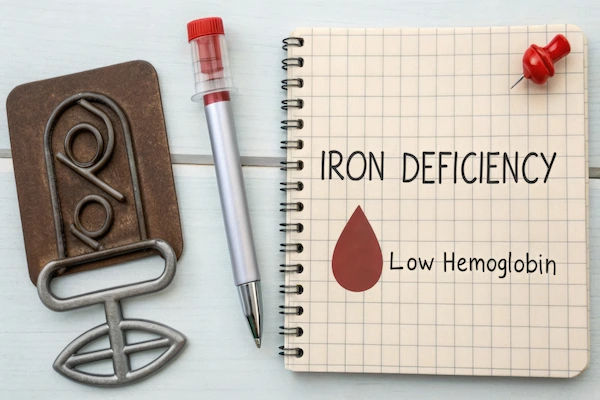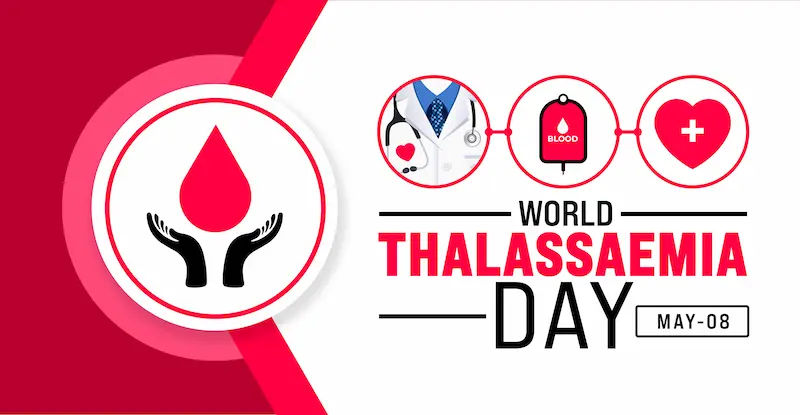- Male
- 23 Years
- 29/01/2025
I donated 450ml of blood yesterday because my relative needed it for an operation. This was my first time donating, and I'm curious about how long it'll take for my body to replenish the donated blood. I'm also wondering if it's okay to start exercising today, as my doctor advised me not to lift heavy weights for two days. What should I include in my diet to help with recovery?
Answered by 1 Apollo Doctors
After donating blood, it typically takes your body a few weeks to fully recover the lost blood volume. To help your body recover more quickly, you can focus on eating a diet rich in iron and vitamin C. Foods like red meat, beans, spinach, and citrus fruits can help replenish your iron levels. You can also consider taking an iron supplement to support your recovery. As for exercise, it's generally recommended to avoid heavy lifting or strenuous exercise for at least 24 hours after donating blood. After that, you can gradually resume your normal exercise routine, but listen to your body and avoid overexerting yourself. If you feel weak or dizzy, it's best to take it easy and give your body more time to recover. Remember to stay hydrated and get plenty of rest to support your body's recovery process. If you have any concerns or experience any unusual symptoms, don't hesitate to reach out to your healthcare provider for further guidance.
Dr. Mubarak Suggests...
Consult a Haematologist
Answered 04/07/2025
0
0

More Haematology Health Queries
View allI'm looking at my blood report and trying to understand what's going on. The TLC is at 16900, and it says Neutrophils are 82, while Lymphocytes are 15. There's also something about PCVHCt Hematocrit at 38.6 and MCHC mean crop Hb conc. Should I be concerned about any of these numbers? What do they imply about my health?
Do CRP and ESR
Answered by 1 Apollo Doctors
I'm a bit puzzled about my platelet count; its consistently between 60,000 and 70,000. Honestly, I feel great, and Ive never had any illnesses like dengue or fever, and I dont take any medications. Im curious why my platelets would be below the minimum range if Im not experiencing any health issues. Could there be something else affecting it that I'm not aware of?
Low platelet count (60K-70K) can occur due to various reasons, even if you're feeling fine. It could be related to factors like genetics, mild immune issues, or your body's natural variation. It's always a good idea to consult a healthcare provider for a thorough check-up to rule out any underlying causes.
Answered by 1 Apollo Doctors
I've been dealing with dengue and was in the hospital about 10 days ago. My platelet count was really low, around 68,000, but by the time I was discharged, it had gone up to 1.2 lakh. Since then, I've been on medication and doing regular CBC checks. The numbers have been climbing quite a bit: 2.5 lakh at the first check, 4.28 lakh at the second, and today it's at 5.1 lakh. Is it okay for my platelets to be this high, or should I be worried about it?
Your increasing platelet count, now at 5.1 lakh, after recovering from dengue fever, is likely a rebound effect, which is a common phenomenon after the body has fought off the infection;
Answered by 1 Apollo Doctors
Disclaimer: Answers on Apollo 247 are not intended to replace your doctor advice. Always seek help of a professional doctor in case of an medical emergency or ailment.





